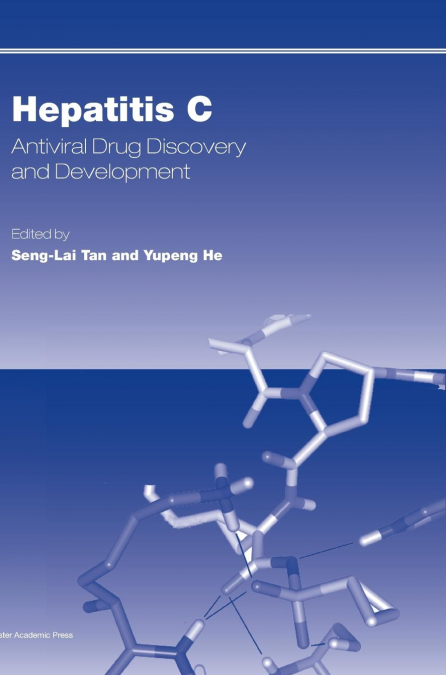
The hepatitis C virus (HCV) is a significant public health problem of international importance. HCV is capable of establishing chronic infections resulting in progressive liver damage and other problems. Current drug therapies are ineffective, highlighting the need for better antiviral drugs. Recent research in HCV genetics and molecular biology have led to significant advances in our understanding of the life cycle of this important pathogen and may ultimately lead to better antiviral strategies. The editors of this book have recruited experts from around the world to produce a timely and well-compiled review of current HCV research, with an emphasis on antiviral drug development. The chapters provide in-depth reviews of the most critical areas of research. Topics include: the HCV life cycle * HCV assays * HCV resources * HCV databases * HCV infection systems * models of hepatitis C infections * overview of the drug pipeline * clinical trial design * clinical virology and drug development * NS3 protease inhibitors * NS3-NS4A complex inhibitors * NS3 helicase inhibitors * NS4B targets and inhibitors * NS5A inhibitors * nucleoside inhibitors * NS5B polymerase inhibitors * glycoprotein-dependent entry * host cell targets and inhibitors * innate immunity for HCV antiviral therapy.